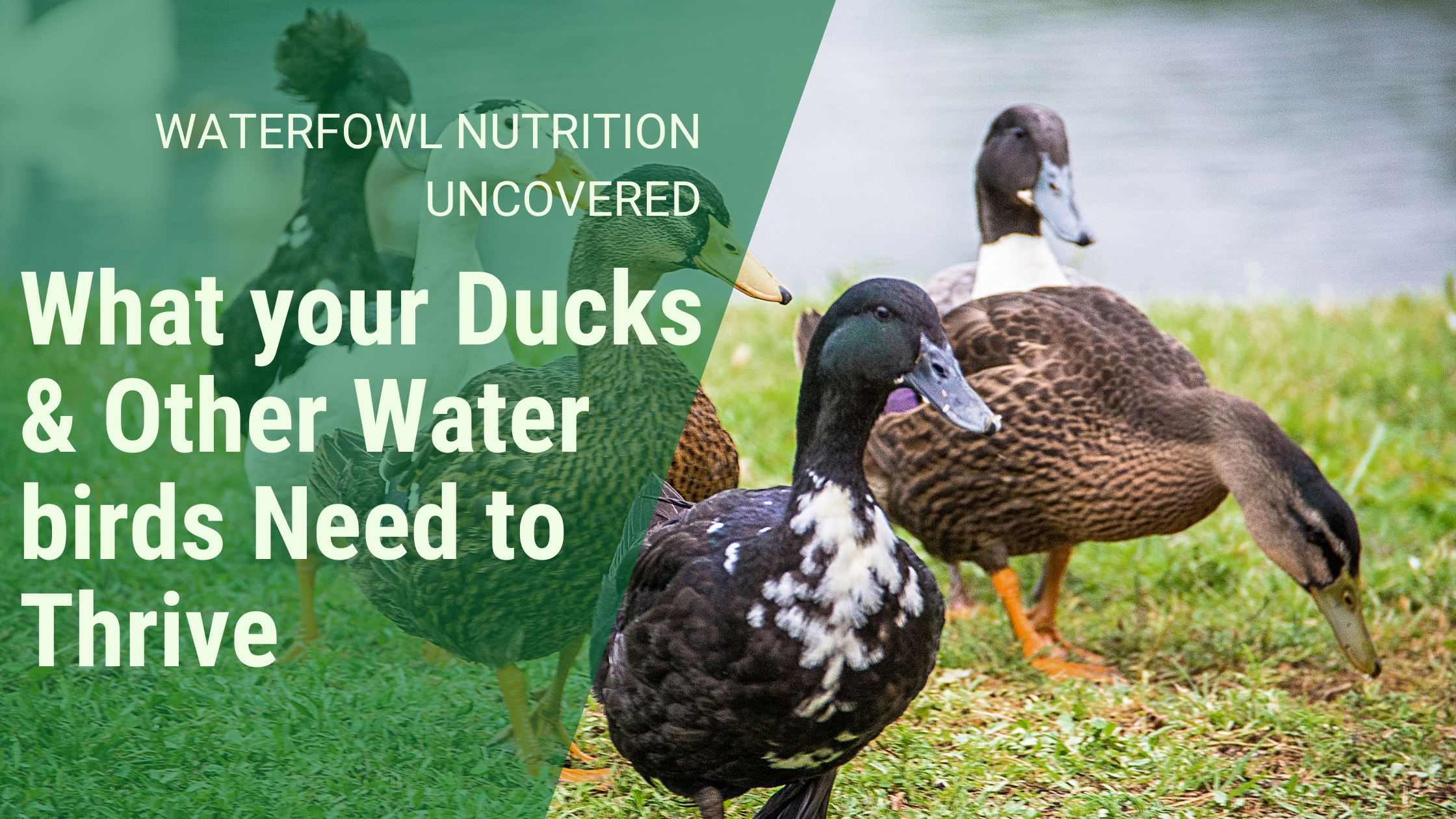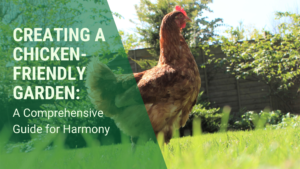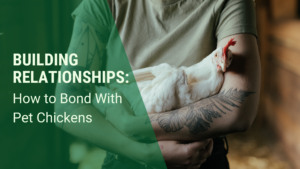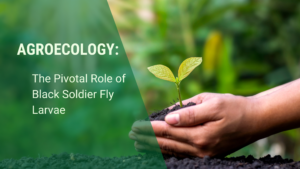Backyard poultry keeping can often take on a more aquatic theme – with more and more people opting to keep ducks in domestic settings. Ducks make fantastic animal companions – they’re friendly, easy to care for, highly intelligent and trainable, and their poop is much better for your garden than chickens. If you fancy keeping some pet ducks or already have a flock at home, then you’ll want to do your best by them. Correct waterfowl nutrition ensures they get the right balance to support their unique physiology. So, prepare to dive beak-first into those all-important duck nutritional needs.
The nutritional needs of ducks and other waterfowl
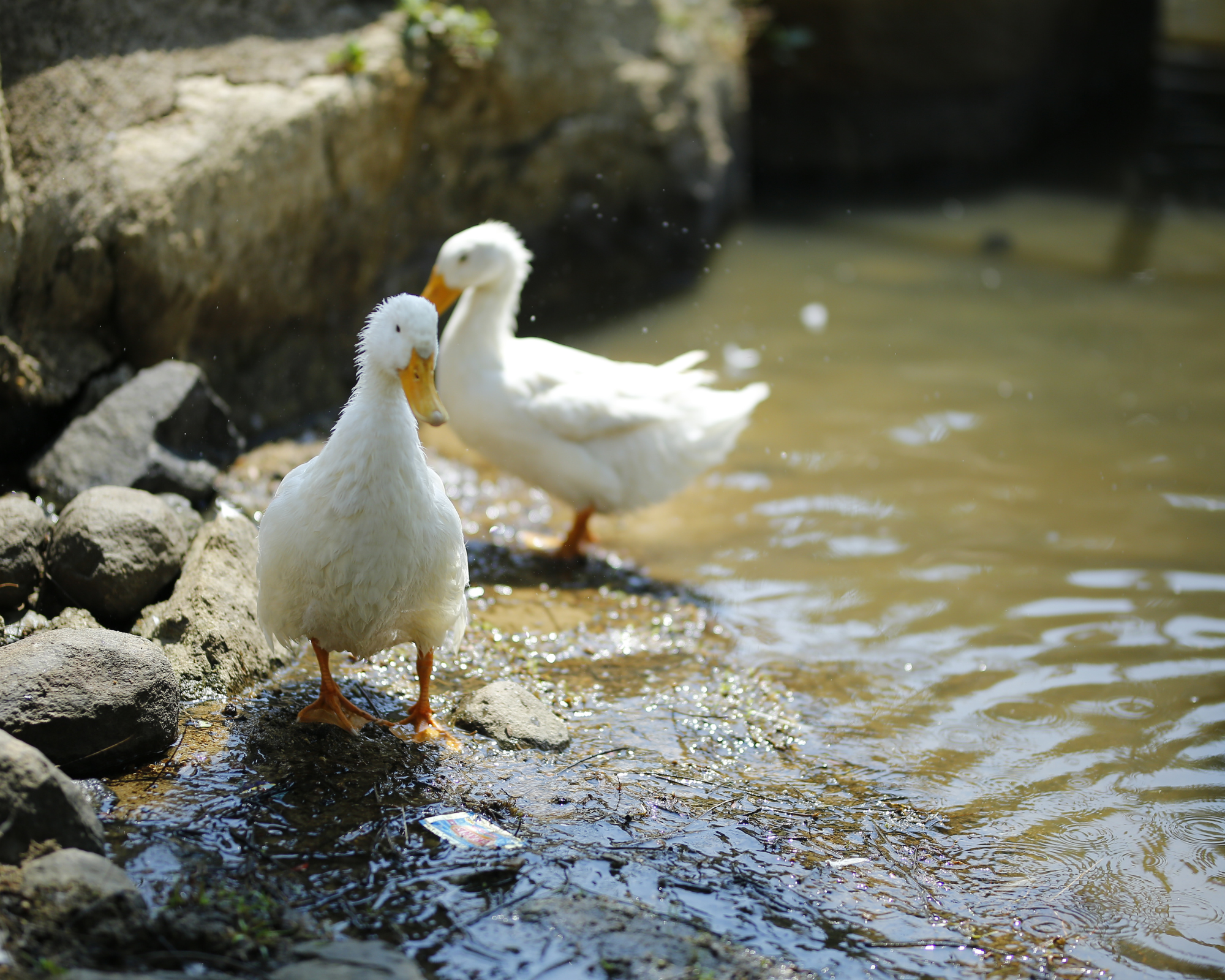
Did you know that our beloved waterfowl companions require a touch more love in the dietary department than most would believe? Childhood memories of flinging some stale bread into the duck pond may have you believe that ducks are happy to eat anything and everything, but this is far from the truth. Ducks have a particular diet that they need to follow to stay healthy and happy. If you want your ducks to live long, happy lives, you must feed them properly.
Here’s what they need in an eggshell:
Macronutrient Requirements
- Protein: As the building blocks of muscles, feathers, and other tissues, proteins are crucial in a duck’s diet, particularly during rapid growth stages and egg laying. Protein requirements vary from 15-18% of the diet, depending on the waterfowl’s age.
- Carbohydrates: Carbohydrate-rich grains are critical energy sources, especially for supporting energetic demands and fat accumulation during winter.
- Fats: Fats are a concentrated energy source that also aids in absorbing fat-soluble vitamins. Ducks and other waterfowl have a nice thick layer of fat to keep their bodies warm in even the coldest water – and they need to eat plenty of fat to keep their fat reserves up.
Micronutrient Requirements
Ducks and other waterfowl also require specific minerals/vitamins in their diet, such as:
- Calcium and Phosphorus: Crucial for skeletal health and eggshell formation, these minerals must maintain appropriate dietary ratios.
- Sodium and Chlorine: Necessary for body fluid balance and acid-base balance, respectively.
- Vitamins: Ducks require a full suite of vitamins for various physiological processes. For instance, Vitamin A is essential for vision and reproductive health, while Vitamin D helps in calcium absorption.
More info about the nutritional requirements of ducks and waterfowl can be found in the MSD manual.
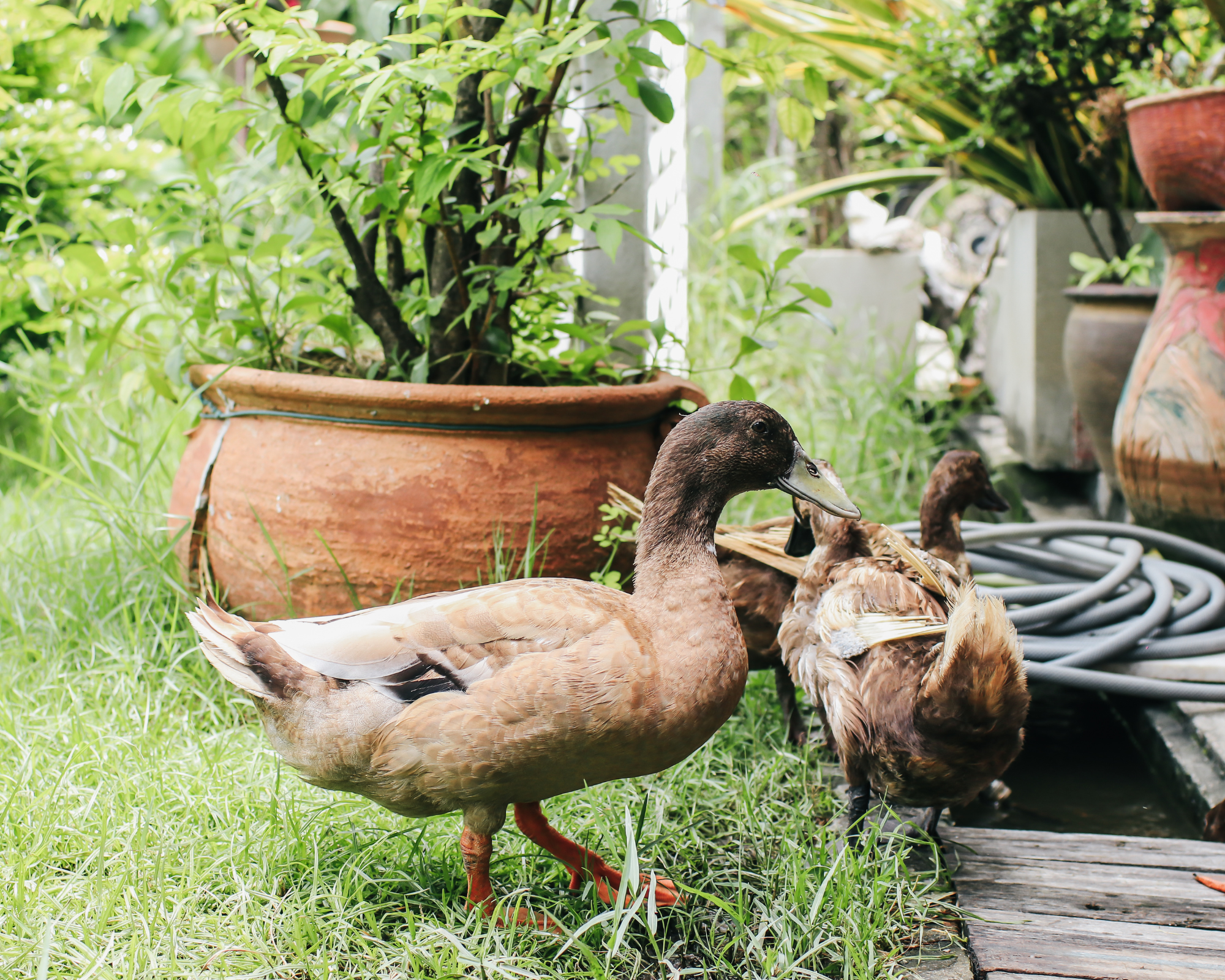
Good sources of these nutrients include fresh greens, seeds, grains, and protein-rich feed. Remember that the best diet approach often involves diversification. By providing a mixture of nutrient-rich foods alongside quality commercial feed, you can ensure your ducks get all the nutrients they require.
Every “what to feed your pet ducks” Google search will throw grains, greens, corn and grit at you. But have you ever considered insects? Yes, you heard it right! Ducks are insectivores at heart – and though they’ll happily gobble up critters in your garden, a special kind of insect has the perfect balance of macro and micronutrients listed above – Black Soldier Fly larvae.
The Buzzing Brilliance of BSFL
Let’s talk “insects for pet ducks” and why we’re gaga over BSFL. In waterfowl dining, the humble BSFL is a powerhouse of calcium, fat and protein for pet ducks. But don’t let its simple look fool you. They’re the avian equivalent of a superfood smoothie (with much less kale, thank goodness).
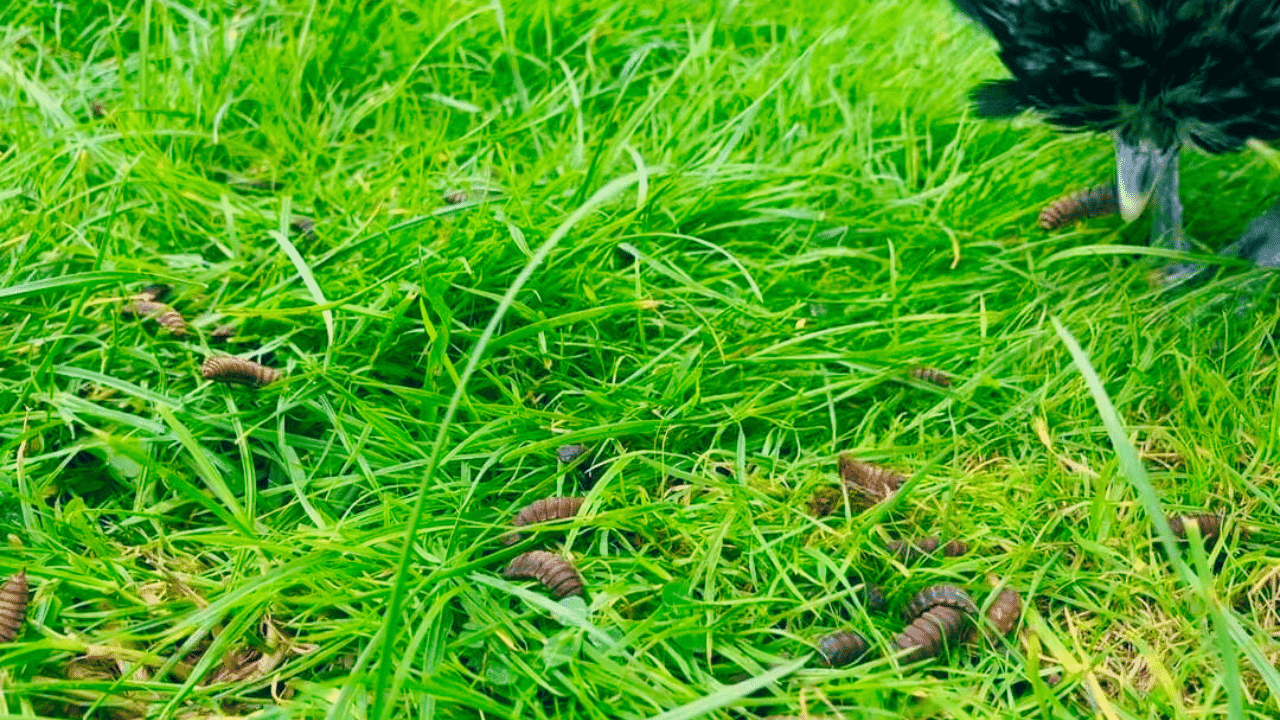
Our precious pet quackers, just like their wild brethren, are dabbling ducks. In other words, they like to get their beaks wet, sifting through the water to find morsels of food. This is where the floating feature of BSFL comes in handy.
Feeding Pet Ducks: It’s Not Just a Poultry Affair
For all the diverse types of waterfowl to keep as pets, BSFL are a universal crowd-pleaser. Whether ducks, geese or swans, these bugs float (bonus!) and are a fantastic source of fun and enrichment for your water-loving companions.
Now, we know insects aren’t everyone’s cup of tea. But before you start having nightmares of creepy crawlies, let’s talk about live BSFL. They’re dry, warm, don’t smell, cannot bite and do not carry disease or pathogens. They’re little wrigglers that your waterfowl buddies will find irresistible, and there’s no need to touch them either! Our larvae come in a tube with a handy lid dispenser.
Live Black Soldier Fly Larvae: Your Duck’s New Favorite Snack
Live BSFL are far from the invaders of your B-grade horror movies; they’re more of the health-injecting good guys your ducks will love. And the best part? You can order these nutritious nibbles easily from ECOnourish.
Meeting duck nutritional needs can be more than just a checkmark on your pet-care list. With live BSFL, you’re not only providing your wet-feathered friends with a healthy diet but also natural enrichment and stimulation. As a massive bonus, you’re also contributing to an eco-friendly option of organic waste management. Yep, these ‘lil larvae are excellent bioconverters too.
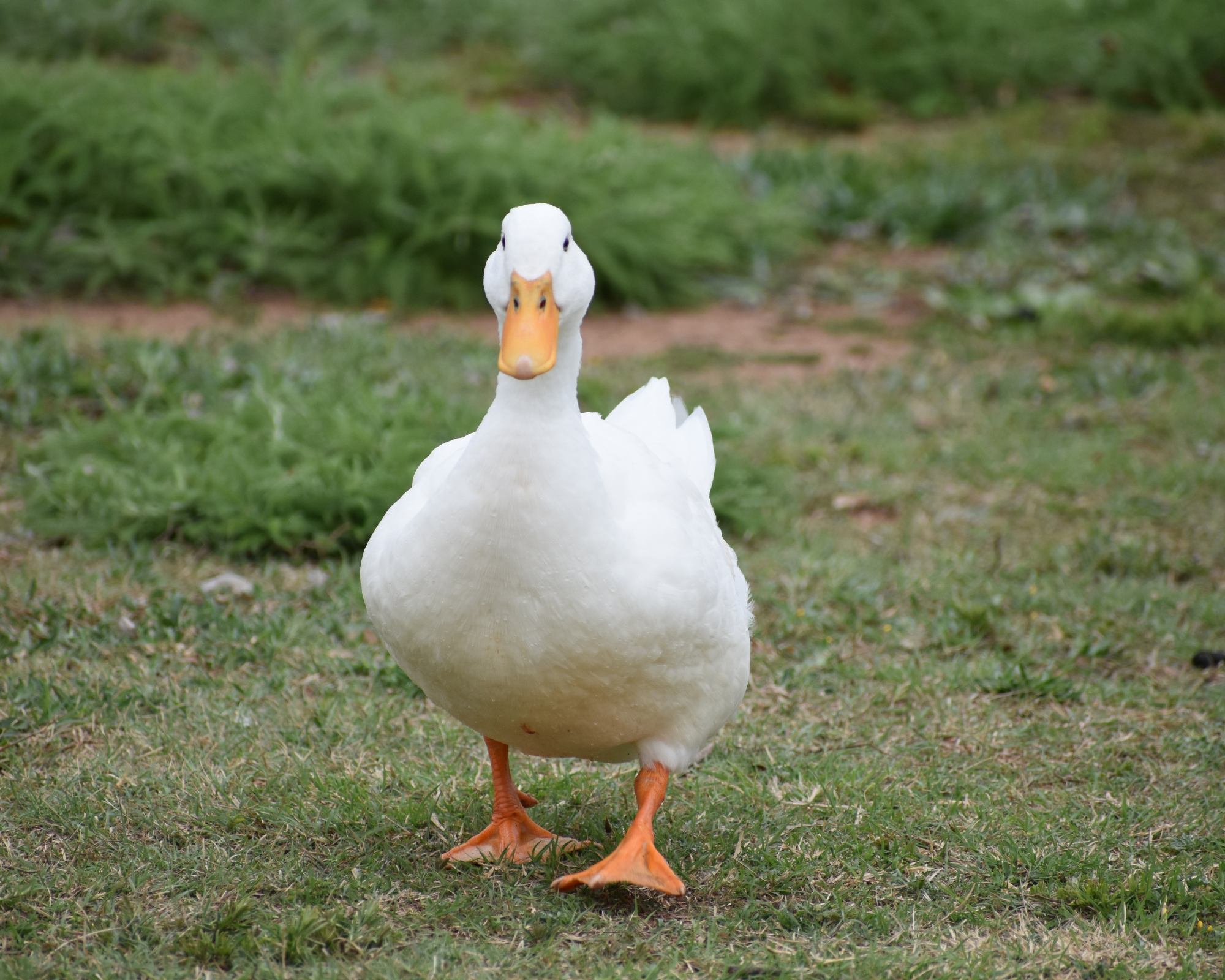
Find out more about Live Black Soldier Fly Larvae for Ducks and other waterfowl here.
Take a leap of faith, venture beyond the conventional, and dive into the fabulous world of feeding ducks with live insects. A world where health, happiness, and flapping excitement await your waterfowl family.
Ready to send your ducks quacking with joy? Order your first batch of Duck Heaven at our online store. They’ll go quackers. Ok, enough of the quack puns now. Just order some. They’ll love ’em!

